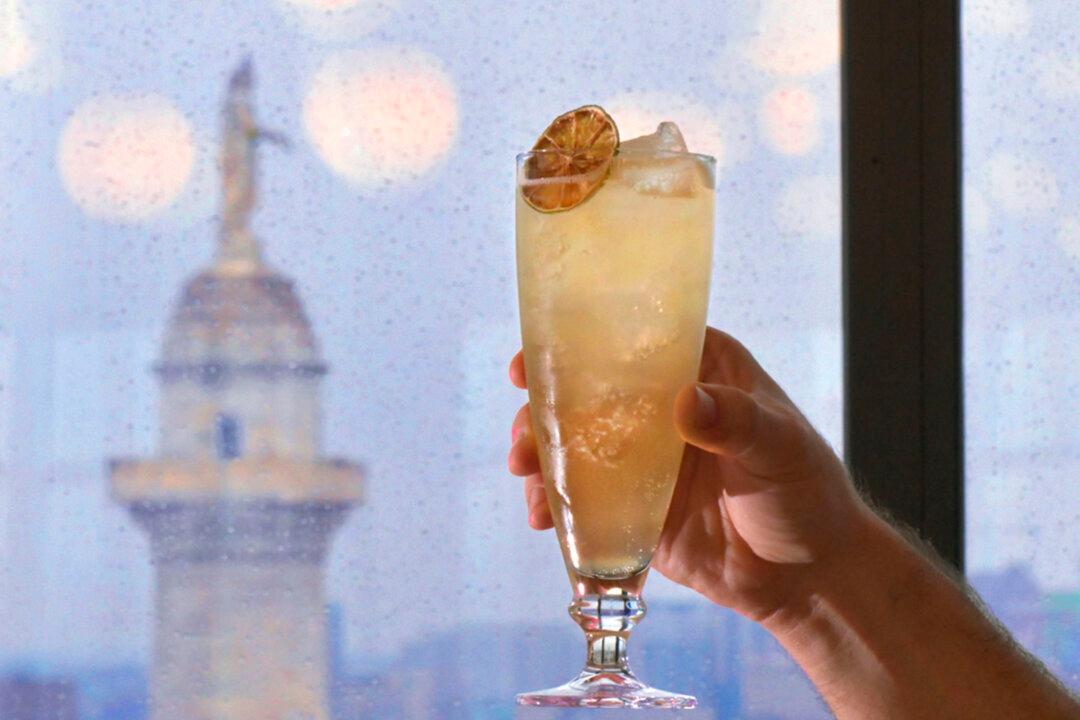By Amanda Yeager
From Baltimore Sun
Baltimore—Scott Lanphear wasn’t expecting much of a reaction when he fired off a Facebook post earlier this month about the nonalcoholic cocktails available at Patterson Public House.

Baltimore—Scott Lanphear wasn’t expecting much of a reaction when he fired off a Facebook post earlier this month about the nonalcoholic cocktails available at Patterson Public House.